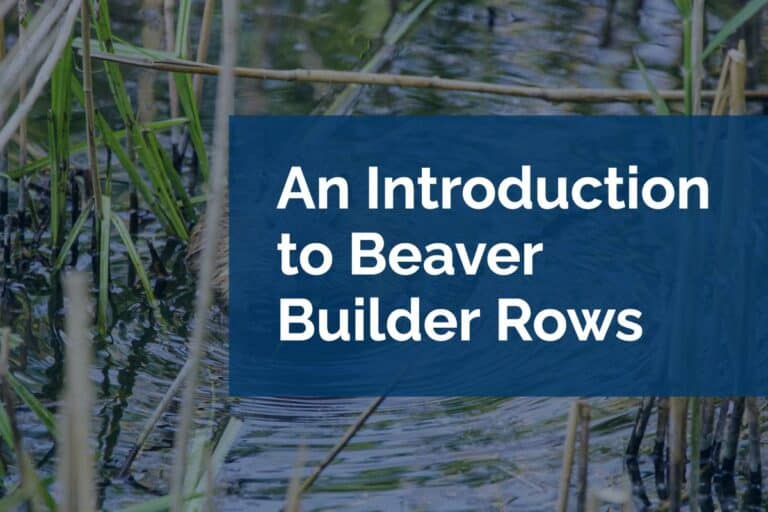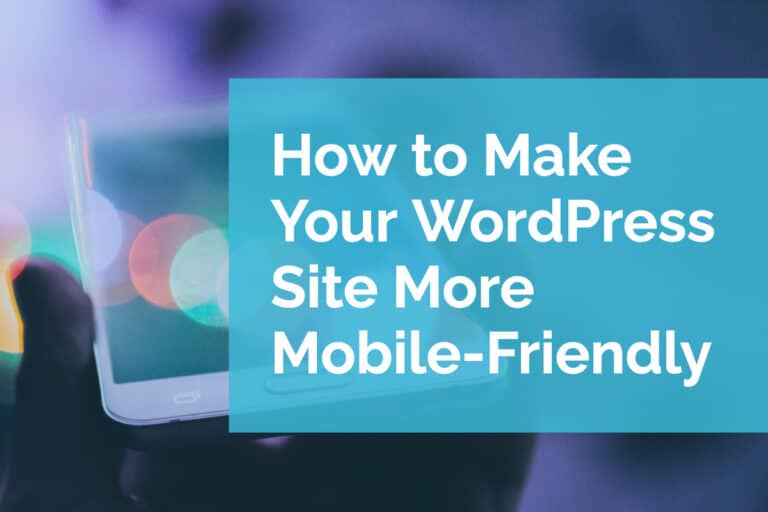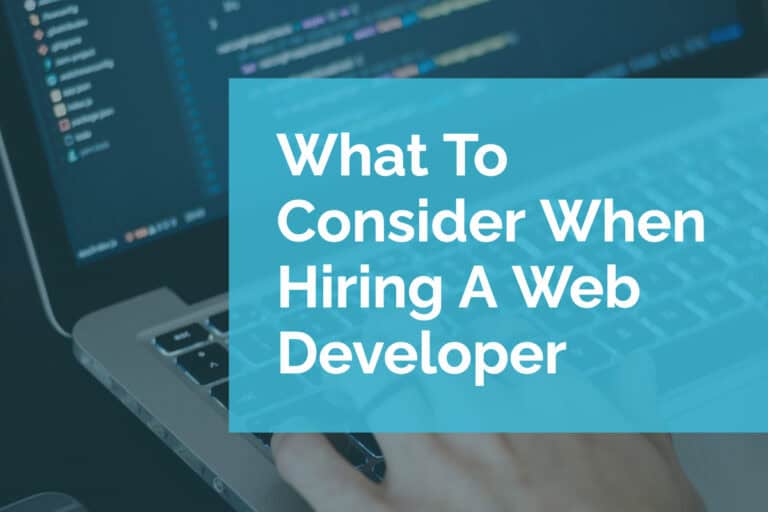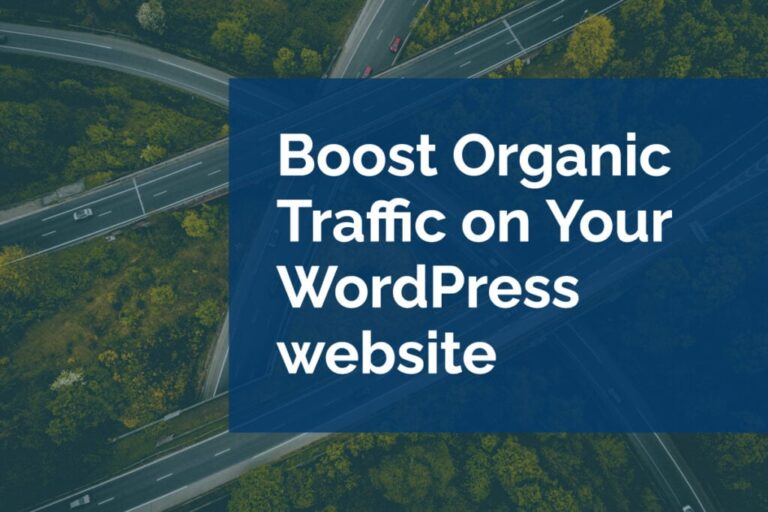Why Ongoing SEO is Essential For Success
Your business appearing at the top of Google’s search results is a big deal, and the statistics back that up.
In total, 68% of all online experiences begin with a search but only 0.78% of those who search on Google click on results from the second page. On the other end of the spectrum, the top result will get around 32% of all clicks. And these aren’t just clicks that go nowhere. Organic search results do convert – 14.6% of the time to be exact. Considering that SEO drives over 1000% more traffic than organic social media, this can translate into serious brand recognition and revenue gains for your business.
But it’s this incredible value of SEO that makes it so difficult to pull off as everyone wants a slice of the action. While every business aims to appear at the top of the SERP results, over 90% of pages on the internet get absolutely no organic traffic from Google whatsoever.
The benefits are huge but so is the competition. That’s why ongoing SEO is essential for success, meaning you need a holistic approach that incorporates a number of factors.
It’s anything but a one-and-done job.
What’s Involved in Ongoing SEO?
SEO is about much more than adding a few keywords into your content and hoping you reach the top of Google. Yes, this is part of it, but it’s only effective when all of the behind-the-scenes work is taken care of.
But what does this consist of, exactly?
Well, to get a general understanding of the mechanics of SEO, we can break it down into three separate categories.
Technical SEO
Your general ongoing maintenance efforts will contribute to SEO success as the average first-page website takes just 1.65 seconds to load. If you have a fast-running, well-optimized website, you’re more likely to see results.
But, putting aside the role your website’s speed and performance plays, there are key elements of technical SEO that are either in place or they aren’t.
Crawling, Rendering, and Indexing
This is one of the most important aspects of technical SEO that, unlike speed or performance, doesn’t also impact other areas of your website. Even if you have the highest-performing website possible but you haven’t taken steps to ensure that Google can crawl, render, and index your website, you will still struggle to rank.
Crawling, rendering, and indexing is simply what needs to happen for Google to know you exist. Google sends out a spider or crawler (known as the Googlebot) to make sense of the content on the internet and include the web pages they believe are important enough.
Think back to pre-internet times. If you weren’t in the phonebook, how could people find you? The same is true with Google. To be included in their “phonebook” or index, you need to submit a map of your website – otherwise called a sitemap.
Once the sitemap has been submitted, Google will know you exist. That’s a good start. But from there, they have to decide how important you are. And a lot of factors influence this.
Domain Optimization
For example, does your website begin with “www.yourwebsite.com” or is it simply “yourwebsite.com”? Both versions are absolutely fine, but you do need to tell Google which it is. If you don’t optimize your domain, this can lead to indexing issues or duplicate content.
404 Errors
We all know 404 errors and how annoying they are. Well, as a rule of thumb, if it’s annoying to you it’s also annoying to Google. If your website has a lot of 404 errors, Google is less likely to take you seriously and rank you highly.
These are just a few of the many factors that are involved in technical SEO. Other aspects such as security, mobile optimization, and structured data also play a part and require constant ongoing work to ensure success. If you aren’t confident in your technical SEO foundation, we’d recommend reaching out for professional help.
Off-Page SEO
The next area that influences performance is off-page or off-site SEO. This is a catch-all term for all of the actions that contribute to your success which cannot be performed on your website.
The main point of off-page SEO is to contribute to your website’s trustworthiness, relevance, and authority in your subject area. In a real-world context, imagine you’re talking to a friend and mention you need an electrician. If they give you a personal recommendation for a specific individual, you’re automatically going to consider that electrician to be more trustworthy than others.
This is similar to what’s going on with off-page SEO. If someone links to your website, that’s essentially a vote of confidence.
But it’s not just the link itself that matters – it’s who links to you.
Imagine now that you have two friends who give you two different recommendations for an electrician. However, one friend is a builder and the other is a baker. Who do you trust more? Since a builder has more professional dealings with electricians than bakers, you would naturally trust their authority more.
So, while the general idea is to get links from other websites to yours, there are many more factors at play, including the quality and reputation of the original website and how relevant it is to your business.
On-Page SEO
Finally, we get to on-page SEO, which is what most of us who are familiar with SEO initially think about. These are the actions that you can take when creating content to improve your chances of ranking.
As with the other areas, there’s quite a lot involved with this. Let’s run through some of the basic principles.
Keywords
Yes, this is where keywords become important! Whether you’re creating a blog post or content for web pages, you need to have a focus keyword. Again, this is easier said than done. The keyword you choose must:
- Match the user’s search intent.
- Not be too competitive (but also be a term that people search for).
- Appear naturally in your content (no keyword stuffing).
Beyond the focus keyword, it’s also a good idea to include latent semantic keywords. This refers to all the words around your focus keyword. Taking our electrician example, if your focus keyword is “electrician near me,” latent semantic keywords could be “good electrician,” “electrician near me contact number,” “affordable electrician,” etc.
Meta Elements and Tags
There are lots of little bits and pieces that contribute to your on-page SEO. For example, including an optimized meta title and description that succinctly explains your post or page while including relevant keywords.
Tags are organizational in nature, helping both people and bots to better understand the context of your page. A good example of this are alt image tags, which is where you include a short description of images on your page to help users with visual impairments. If you don’t regularly include alt tags, it will likely have a negative impact on your SEO ranking (not to mention your accessibility).
As we said before, anything that improves the experience for the user will likely have a positive impact on your SEO.
It’s important to note that, again, this is far from an exhaustive explanation of on-page SEO. There is so much that influences the success of your content on Google and optimizing everything is a large undertaking.
What Can I Do to Improve My SEO?
There are many tips and tricks you can apply to give yourself a better chance of ongoing SEO success. As we’ve discussed, ensuring your website is quick, reliable, and easy to navigate will contribute to it. It’s also important to have all of your technical SEO foundations in place. If you wish, you can also engage in link-building activities to try to promote your authority.
But most of these are optimization techniques and are only effective if your content is good enough. You may have heard the phrase that “content is king” and this is why.
Every good SEO initiative begins with quality content at its core. Assuming the technical aspects are in place, concentrate first and foremost on providing real value for your readers. From there, you can ensure that your keywords are solid, your tags and descriptions have been filled in, and all the best practices are adhered to.
SEO is a huge area that takes a lot of time, effort, and skills to pull off. If your content isn’t performing as you wish, you may need to revisit your technical foundation or adjust your content strategy.
Whatever your situation, we’re on hand to provide you with honest ongoing SEO support to provide your website with the greatest possible chance of climbing Google’s search rankings. Reach out today for more information!






